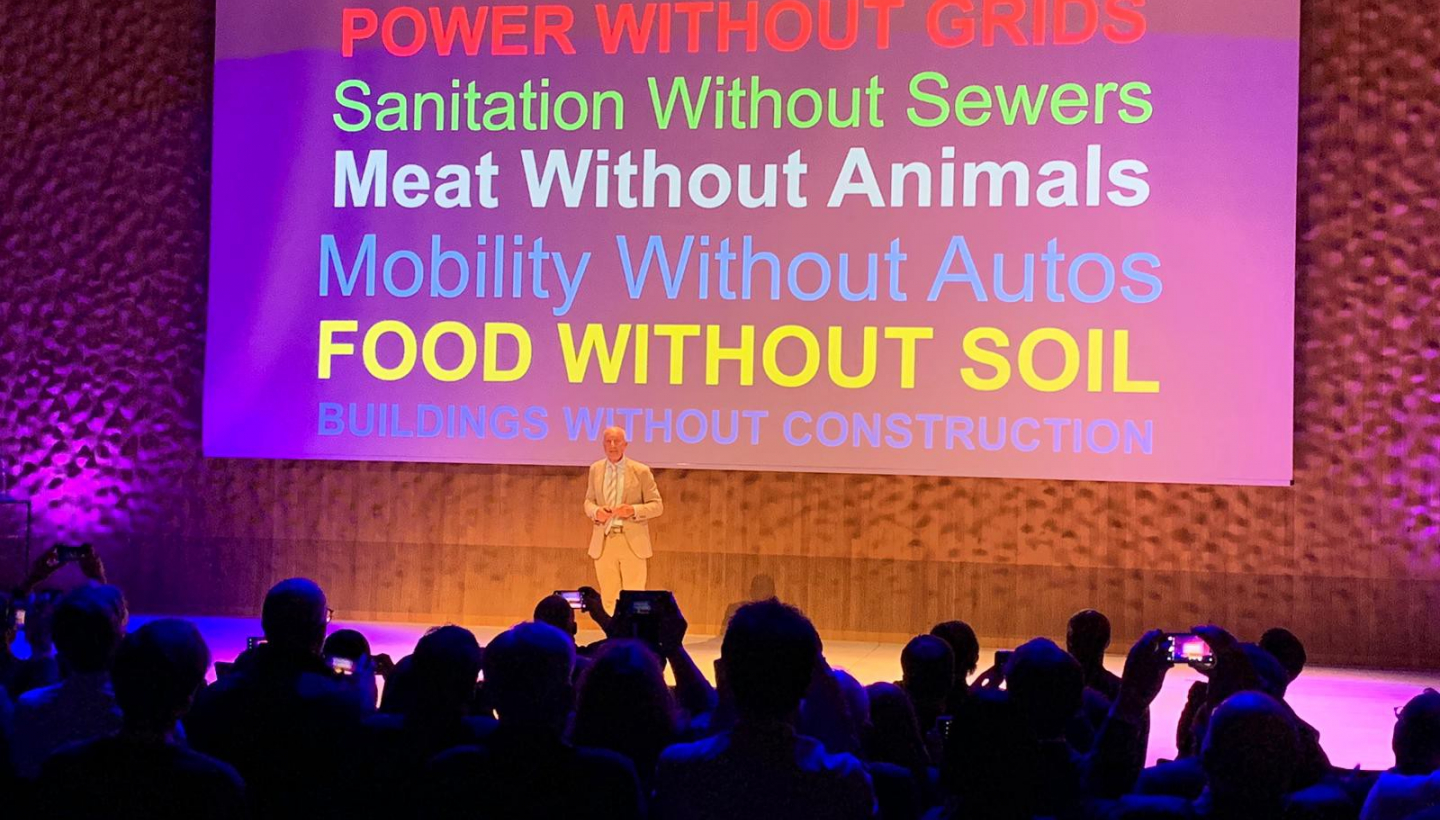In the last 10 years, the race to design Intelligent Cities, sustainable, automated, capable of satisfying the needs of their citizens, opened the tap that flooded everything with more devices, more sensors, more algorithms and more connections to make manual, deaf and dumb systems intelligent.
Despite all that effort, the projections remain alarming, with an estimated 3.5 billion people living in conditions of misery or with limited access to conventional infrastructure such as sewers, energy, medical care or education.
According to Kent Larson, director of the City Science research group at MIT Media Lab, and one of the people who has contributed most to building Smart Cities, "we are not going to solve the great challenges facing humanity simply by making existing systems more efficient, we need to design change from the bottom up.
For this, he proposes that instead of creating cities with MORE (sensors, connections, devices, etc.), we seek to build cities WITHOUT; for example: sanitary systems without sewers, electricity without electrical networks, mobility without cars, buildings without constructions.
And the idea of SIN Cities goes further: could we propose governments without bureaucrats? how about encouraging learning without schools, or health without hospitals?
Cecilia Nicolini, representing the Opinno Research Center, joined the conversation with more brilliant minds at the City Science Summit in Hamburg, to explore a future WITHOUT systems that are or will soon become obsolete.
The topics discussed were:
-Extreme urbanization. By 2050, 68% of the population will be urban, which means that most of the world's population growth, wealth creation, innovation, energy consumption and CO2 generation will be concentrated in cities. The development of cities over the next 20 years will largely determine our ability to address the great social challenges of our era, from climate change to public health.
-Ubiquitous autonomous systems. While "smart city" technology can be useful, it focuses primarily on optimizing existing systems. However, emerging technology promises to fundamentally transform almost every aspect of how we live, work, learn, produce, move and consume, and requires not only technological improvements but also a major change in the global mindset.
And to you as a reader, we leave this question that you can answer in the comments: What system, model or method do you see that is fully assimilated and rooted in the bases of our cities but that, in reality, and looking at it from this new perspective, is not only no longer useful, but contributes to the serious problems facing humanity? How would you replace it?
We leave you a little more inspiration with this video of the City Science Summit 2019.



